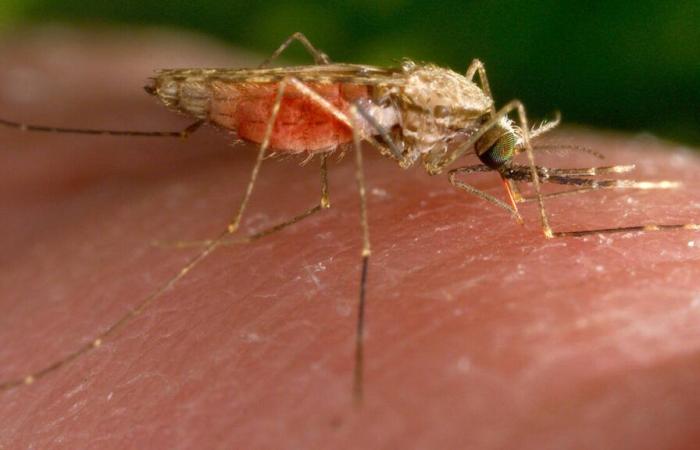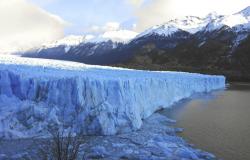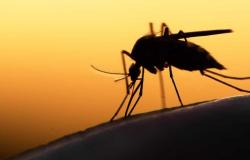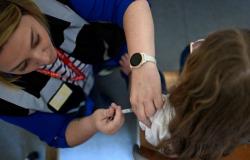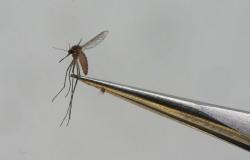Infected horse in Plymouth
The death comes amid growing concerns in the northeastern United States about the risk of spreading EEE, the prevalence of which is believed to be exacerbated by climate change.
Earlier this month, Massachusetts, which borders New Hampshire, announced the state’s first case of EEE this year, in an 80-year-old. Ten communities in the state have been deemed at high or critical risk for EEE. In Plymouth, about 40 miles (64 kilometers) southeast of Boston, officials said Friday they were closing public outdoor recreation facilities from dusk to dawn after a horse was infected with the disease.
“Some have expressed outrage at the city’s decision to close parks and grounds to discourage outdoor activities at night, saying the closures are an uncomfortable reminder of government lockdowns and mask rules during the coronavirus pandemic,” the report said. New York Times.
Climate change
According to the CDC, the leading public health agency in the United States, symptoms of the Eastern equine encephalitis virus include fever, headache, vomiting, diarrhea, behavioral changes, and drowsiness. It can also cause significant neurological problems.
Nearly 30% of those infected die, and many of those who survive suffer physical or mental after-effects. Those under 15 and over 50 are considered most at risk.
Health officials advise using mosquito repellent, wearing protective clothing when outdoors, and eliminating standing water near homes to reduce the ability of mosquitoes to breed.
A 2023 report from the nonprofit Climate Central notes that the number of “mosquito days” — when warm, humid weather conditions are ideal for the insect — has increased across much of the United States over the past four decades, driven by human-induced climate change.

